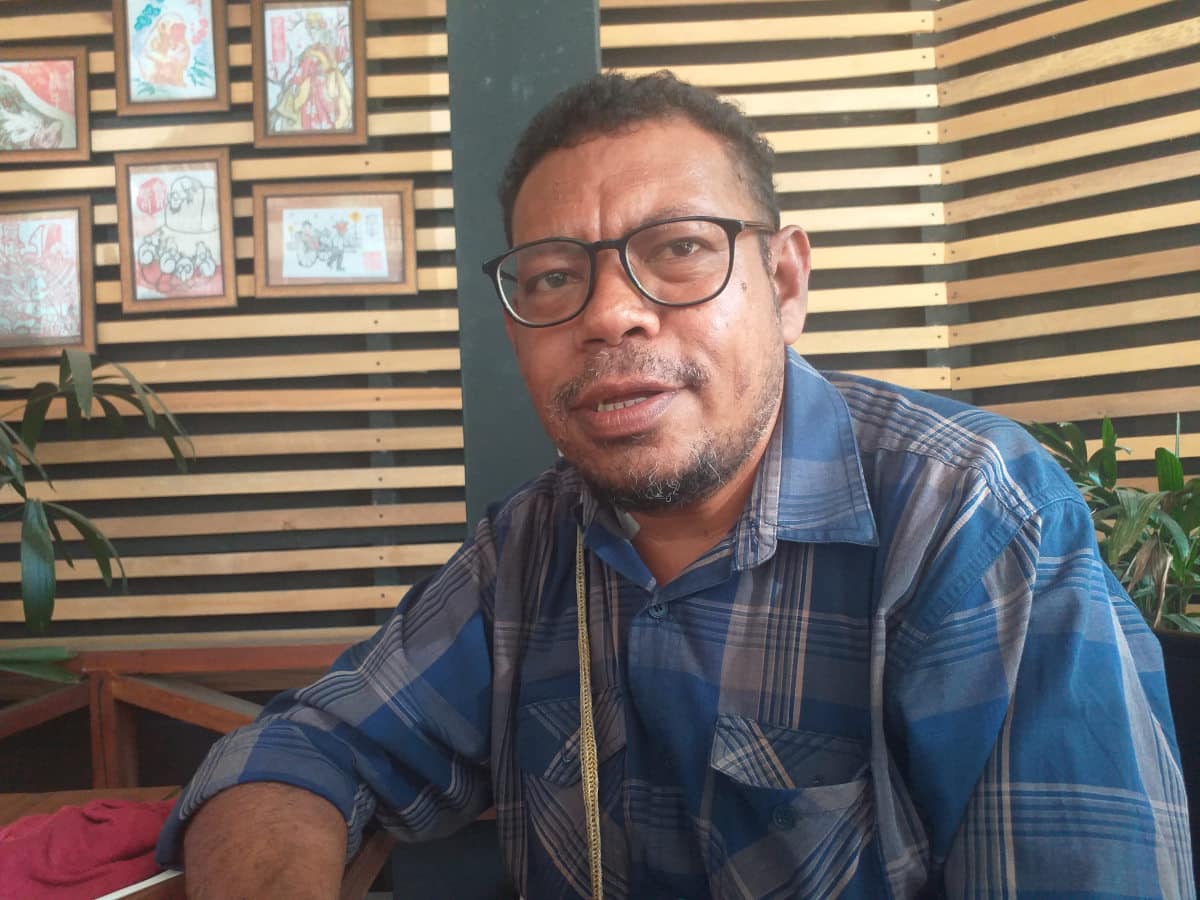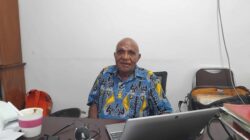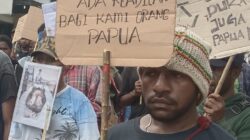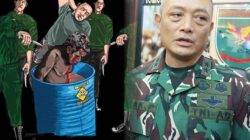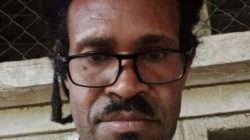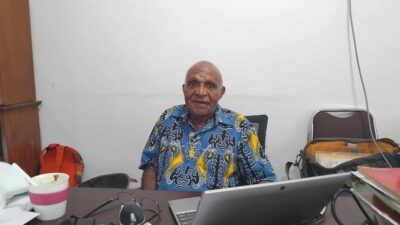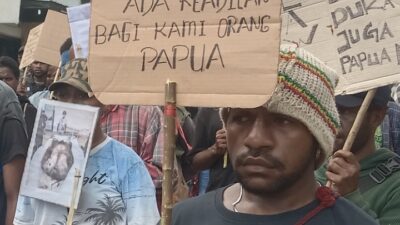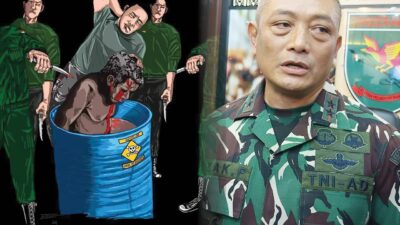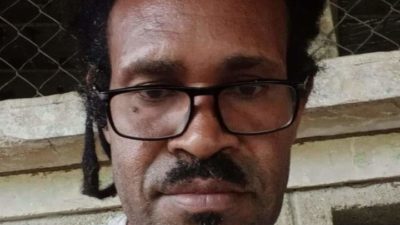Jayapura, Jubi – Angaye-angaye no emki untaye, angaye bao, aa, hao, angaye, angaye wagana nikavo, morae banago, hao, aa hao antok anu ae anago, hao, hao, jilka untae bawano, hao, hao.
(I love the majestic and glorious mountains and the clouds that float around their peaks. I love the jungles that protect my land, I love to wander under your shade)
“This piece of lyrics in Amungme language shows the Amungme’s appreciation for the creator and protection of the universe as the source of life. Singing and dancing is a form of gratitude for God’s grace for the universe given to them,” said History Lecturer at Cenderawasih University Albert Rumbekwan at a discussion in Kota Raja, reviewing the book “The sin and the future of Our Planet” on Thursday, July 21, 2022.
Other than the Amungme Tribe, Rumbekwan said, the Byak Tribe also views the universe and themselves as a single entity that has a master or creator. Therefore, the means of communication to connect with their creator are Wor or dances and songs dedicated to God and the sky.
“It’s called Wor Fa Nanggi, the ceremony of giving offerings to the sky and Mansren Nanggi (God of the Sky). Wor Fa Nanggi is carried out both in times of abundance and shortages, by giving the produce of the gardens and the sea obtained by the Byak people,” he said.
Wor Fa Nanggi was led by a Mon as an intermediary or a shaman. “Wor aims to feed the Sky God Mansren Nanggi so that he will bless and protect all the Byak people’s activity, be it when gardening, fishing, sailing for trade, and so on,” he said.
Rumbekwan further said that today, the exploitation of Papua’s nature is contrary to the meaning of lyrics contained in the songs of indigenous peoples. “The exploration of gold, silver, and copper mines carried out through an agreement between Indonesia and an American company in 1967 was unethical because it did not involve the Amungme people at that time,” he said. (*)


